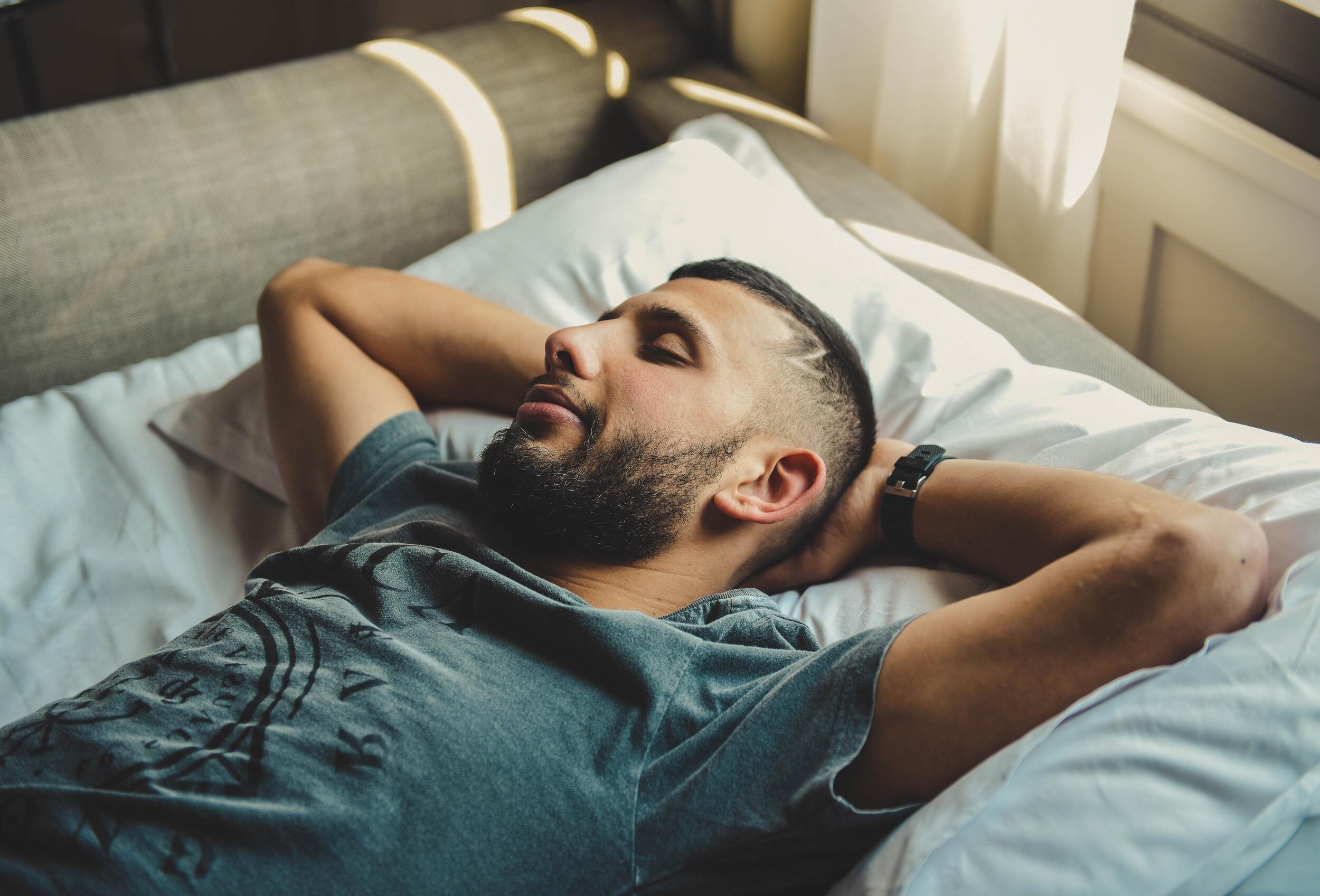The Power of Sleep: Why a Good Night’s Rest is Vital for Good Health
Many people underestimate the power of sleep, but getting a good night’s rest is crucial for good health at all ages. In this blog post, we’ll explore why people sleep, how important sleep is, and the recommended amount of sleep for different age groups. We’ll also look at the impact of sleep on athletes, weight loss, eyesight, heart health, and skill development.
Why People Sleep:
Sleep is not just a time to rest and recharge. It’s a critical period for our bodies to heal, repair, and regenerate. While we sleep, our brains process and consolidate memories, and our bodies release hormones that regulate growth, appetite, and stress levels.

How Important is Sleep:
Lack of sleep can have severe consequences to our health. It can lead to fatigue, mood swings, and poor concentration. Chronic sleep deprivation can also increase the risk of obesity, diabetes, heart disease, and high blood pressure.
Recommended Amount of Sleep:
Adults should aim for 6-8 hours of sleep per night, while kids and teens need anywhere from 8-10 hours of sleep depending on their age. Seniors may need slightly less sleep, but should still aim for 7-8 hours per night.

Impact of Sleep on Athletes:
For athletes, especially martial artists and bodybuilders, sleep is very important for muscle recovery and growth. Lack of sleep can hurt performance, make injuries more likely, and make it take longer for muscles to heal.
Sleep and Weight Loss:
Sleep plays a vital role in regulating appetite and metabolism. Lack of sleep can mess up the hormones that control hunger. This can cause you to eat too much and gain weight.
Sleep and Eye Sight:
Research has shown that not getting enough sleep can hurt the retina and make it hard to see, especially for people who already have eye problems.
Sleep and Heart Health:
Chronic sleep deprivation can increase the risk of heart disease, high blood pressure, and stroke.
Sleep and Skill Development:
Lack of sleep can make it hard to think clearly and learn and remember new things. This can be especially bad for people who rely on quick reflexes and technique, like martial artists and fighters.
Sleep is not just a luxury, it’s a critical component of good health. Getting enough quality sleep can boost physical and mental performance, reduce the risk of chronic diseases, and improve overall well-being. So, prioritize sleep in your daily routine and reap the benefits of a good night’s rest.
The Importance of Quality Sleep:
It’s not just about the quantity of sleep, but also the quality. Quality sleep means uninterrupted and restful sleep, which is important for allowing the body to go through all the necessary sleep cycles. This means avoiding disturbances like loud noises, bright lights, or uncomfortable bedding. Investing in a comfortable mattress and pillow, and creating a peaceful sleep environment can help improve the quality of sleep.

The Impact of Technology on Sleep:
In the digital age we live in now, it’s getting harder and harder to turn off technology, even at night. But the blue light that screens give off can mess up our circadian rhythm and make it harder to fall asleep. It’s recommended to limit screen time before bed and switch off devices at least an hour before sleeping.
The Role of Sleep in Mental Health:
Sleep also plays an important role in mental health, with a lack of sleep being linked to increased anxiety, depression, and mood disorders. On the other hand, getting enough quality sleep can improve cognitive function, memory, and emotional regulation.

How to Improve Sleep Habits:
For those struggling with sleep, there are various ways to improve their sleeping habits. Establishing a regular sleep schedule, avoiding caffeine and alcohol before bed, and creating a relaxing bedtime routine can help signal to the body that it’s time to sleep. Exercise during the day can also promote better sleep, but it’s important to avoid exercising too close to bedtime. Sleep is essential for good health at all ages. Whether you’re an athlete, student, or senior, getting enough quality sleep is crucial for optimal physical and mental performance. So, prioritize sleep and take steps to improve sleep habits for better health and well-being.

For people who have a hard time falling asleep, there are various strategies that can help promote relaxation and improve sleep quality. Here are some ideas for both kids and adults:
For Kids:
- Bedtime routine: Establish a regular bedtime routine, such as taking a warm bath, reading a book, or listening to calming music before bed.
- Relaxation techniques: Practice deep breathing, visualization, or progressive muscle relaxation to help calm the mind and body before sleep.
- Comfortable sleep environment: Create a comfortable sleep environment with a cozy bed, soft bedding, and a cool temperature.
- Avoid stimulating activities: Avoid stimulating activities before bed, such as watching TV, playing video games, or using electronic devices.
- Limit caffeine: Avoid caffeine in the evening, including soda, chocolate, and tea.
For Adults:
- Reduce stress: Practice stress-reducing techniques, such as meditation, yoga, or journaling, to help calm the mind and body before sleep.
- Create a sleep-conducive environment: Keep the bedroom cool, dark, and quiet, and invest in comfortable bedding and a supportive mattress.
- Relaxation techniques: Try relaxation techniques such as deep breathing, visualization, or progressive muscle relaxation to promote relaxation.
- Limit screen time: Avoid electronic screens before bedtime, as the blue light can disrupt sleep patterns.
- Avoid alcohol and nicotine: Avoid alcohol and nicotine in the evening, as they can interfere with sleep quality.
- Stick to a regular sleep schedule: Establish a regular sleep schedule, even on weekends, to help regulate the body’s sleep-wake cycle.
- Exercise regularly: Regular exercise can help promote better sleep quality but avoid exercising too close to bedtime.

In conclusion, it can be hard to fall asleep, but there are many things you can do to help you relax and get better sleep. Both kids and adults can improve their sleep habits and get a better night’s rest by making a comfortable place to sleep, learning how to relax, and setting up a regular sleep routine.


